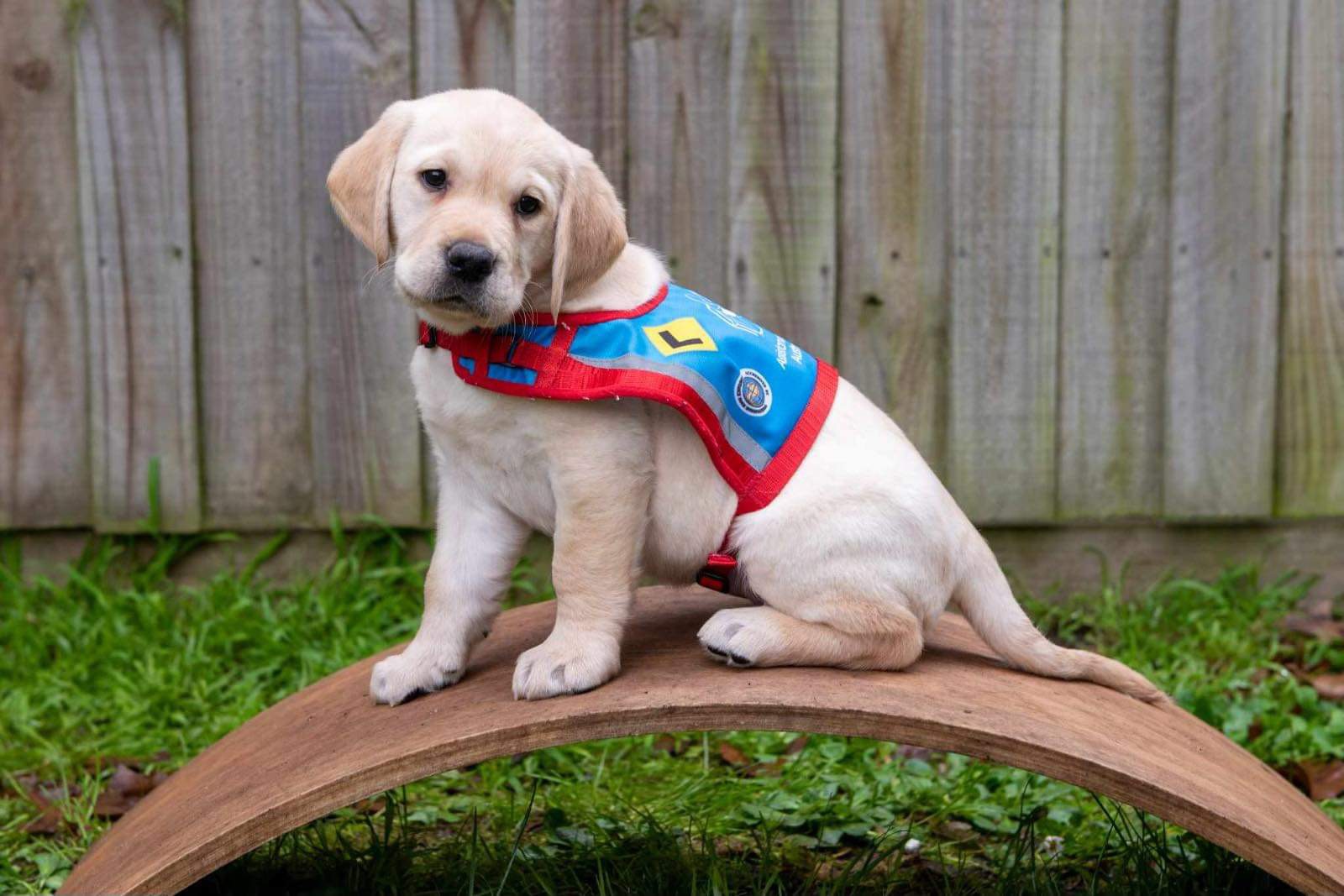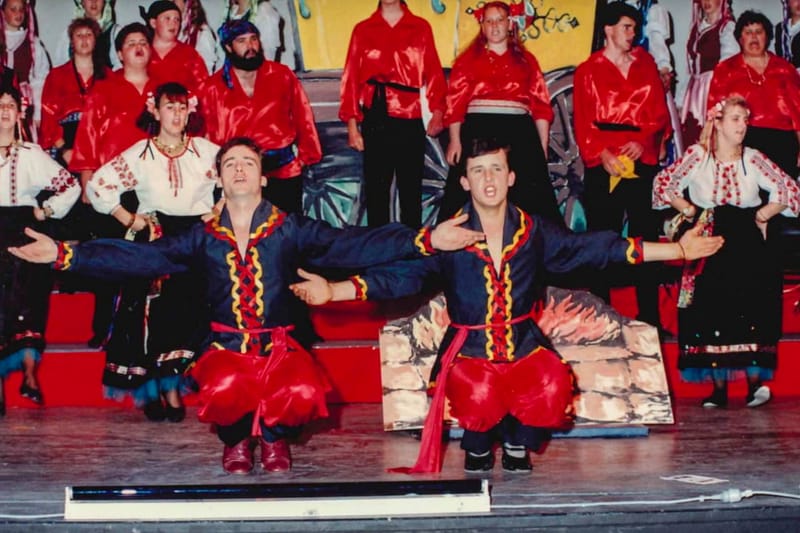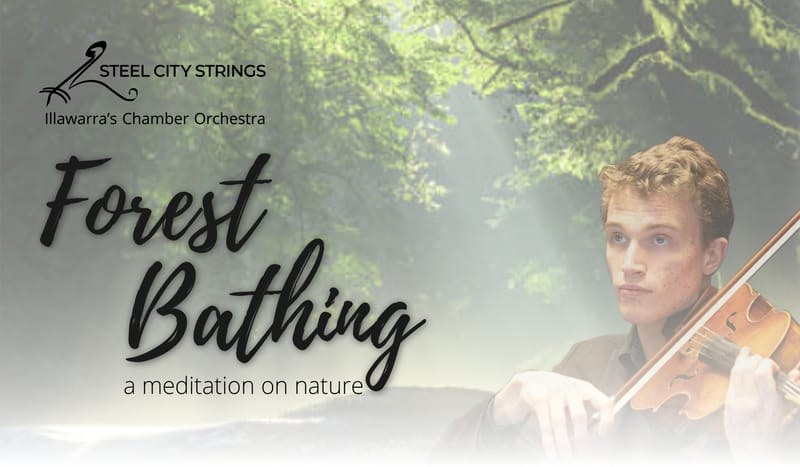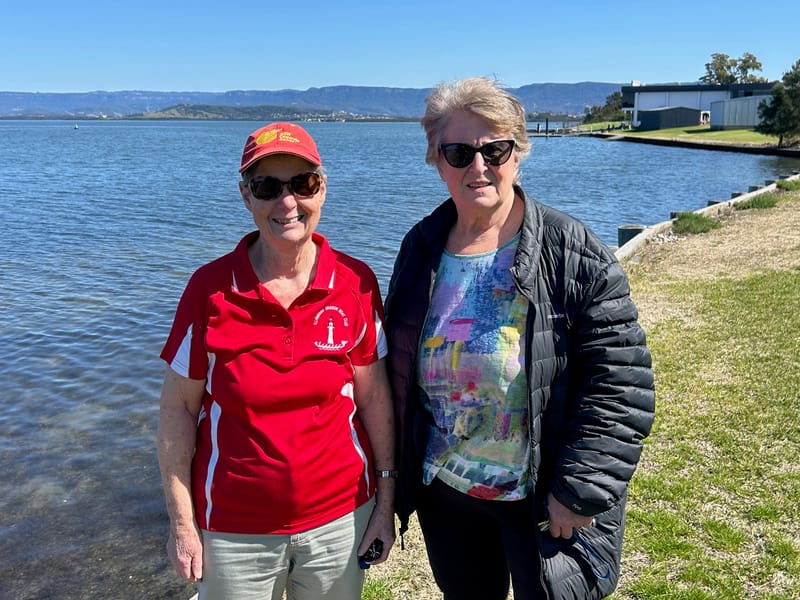Puppy Parents Wanted at Assistance Dogs Australia
Many of us are aware of guide dogs; dogs trained specifically to assist people who are vision impaired. An assistance dog is similar in that its job is to aid people with extra challenges, be it autism, PTSD or physical disability. This may be in the form of helping to reduce a client’s anxiety and

Aussie band The Fauves sang, “Dogs are the best people”. And they’re right, you know. There’s just something about a dog’s unconditional love and joie de vivre that cannot be beat. But taking a dog into your home is a 10 to 15 year commitment, one filled with expensive vet and food bills. What if there was a way to fill that puppy-shaped hole in your life, to trial how dog-ready your family is before signing on the dotted line, while also helping those living with autism, PTSD and disability?
Assistance Dogs Australia (ADA) may have the answer you’re looking for.
Many of us are aware of guide dogs; dogs trained specifically to assist people who are vision impaired. An assistance dog is similar in that its job is to aid people with extra challenges, be it autism, PTSD or physical disability. This may be in the form of helping to reduce a client’s anxiety and isolation, opening and closing doors, retrieving dropped items and even ‘nightmare interruption’, where the dog recognises their owner’s distress during sleep and provides comfort.
They play an incredibly important role in people’s lives and the demand for an Assistance Dog is greater than ever, and as a result there's an urgent need for Puppy Educators.
Puppy Educators look after the pup from about eight weeks of age, working to create a happy, well-socialised dog that’s eager to learn and not easily distracted. This means exposing the canine companion to all the sights and sounds of the big, wide world.
Andreas and Eva Goldman have been volunteering as a Puppy Carers with ADA since 2014. Mr Goldman said, “Educating a puppy means accepting her into your family and letting her partake in all your daily life, indoor and outdoor routines. If grocery shopping is on the list we’ll put the ADA Learners jacket on our puppy and have her walking with us through the aisles while doing the shopping.”
Currently in the Illawarra there are about 10 puppies placed with educators and another 10 volunteers who act as temporary carers, and a desperate need for many more. Taking on an ADA pup is serious business (and seriously rewarding).
"Part of the learning curve for us educators is to accept mishaps and challenges as opportunities to try again another time and to grow together as a puppy/handler team and share the joy with your puppy once an obstacle is finally overcome,” Mr Goldman said.
You don’t need to be a dog trainer or animal behaviour expert to welcome a puppy into your home.
The ADA provide lots of training and support, including monthly group training sessions and home visits to assess the dog's progress, while also covering all food, vet and equipment costs. Educators provide lots of love, patience and consistency.
At about 18 months of age, the pups begin their Advanced Training, which means leaving the educator’s home and moving to the National Training School near Sydney.
Puppy educator supervisor Neisha Purdie said: “After obviously growing attached, there is often some tears on the day they enter Advance Training, but just like kids starting kindergarten they are usually ready for that next stage of learning and engagement and are very happy to meet their new buddies at big school.
"And of course if the house is feeling empty after puppy goes to advance training we can always fill that hole with another puppy.”
Mr Goldman said, “Being part of the process of bringing relief to people in need is what motivates us. It feels like much of the love and attention you have built into the relationship with your puppy will travel on with her into her service life.”
Interested? You can learn more about what it takes to become a puppy carer here.





